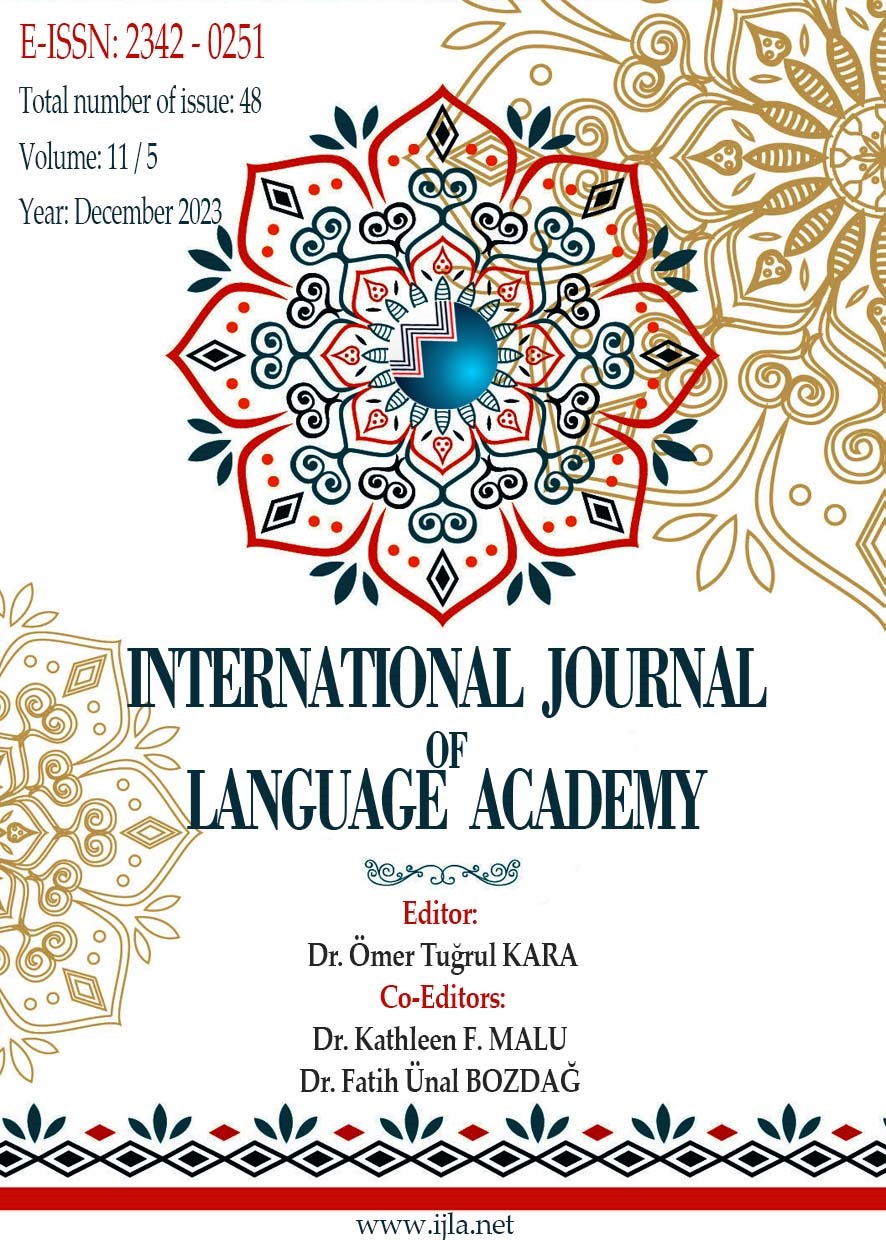TRANSLATION OF REDUPLICATIONS AND ONOMATOPOEIC FORMATIONS: TRANSLATION TECHNIQUES REVISITED THROUGH SYSTEMATICS OF DESIGNIFICATION
Author :
Abstract
Keywords
Abstract
The aim of this study is to identify the reduplications and onomatopoeic formations in the short story titled “Değirmen” (The Mill) by Sabahattin Ali as well as find out the translation techniques in translations of these linguistic items from a semantic perspective. Since Turkish and English are different from each other in their morphological and cultural aspects, the former aspect affecting the construction of reduplications and the latter one shaping the formation of onomatopoeia, a literary translator faced with such linguistic items would encounter problems in translation. Even if the structural aspects are disrelated between these two languages, a thorough command of translation techniques accompanied by the potential results of the choice of these techniques could help literary translators greatly. As a result of the evaluation of the English translations of the twenty-one source reduplications and nine source onomatopoeic formations in two target texts, it is found that 88.33% of those linguistic items are translated within their field of meaning or preserved meaning-wise. In the light of these findings, it is concluded that the tension arising from the morphological and cultural discrepancy between the source and target languages is not insurmountable for literary translators as long as the their decisions are based on the semantic results of their choices in the act of translation.





